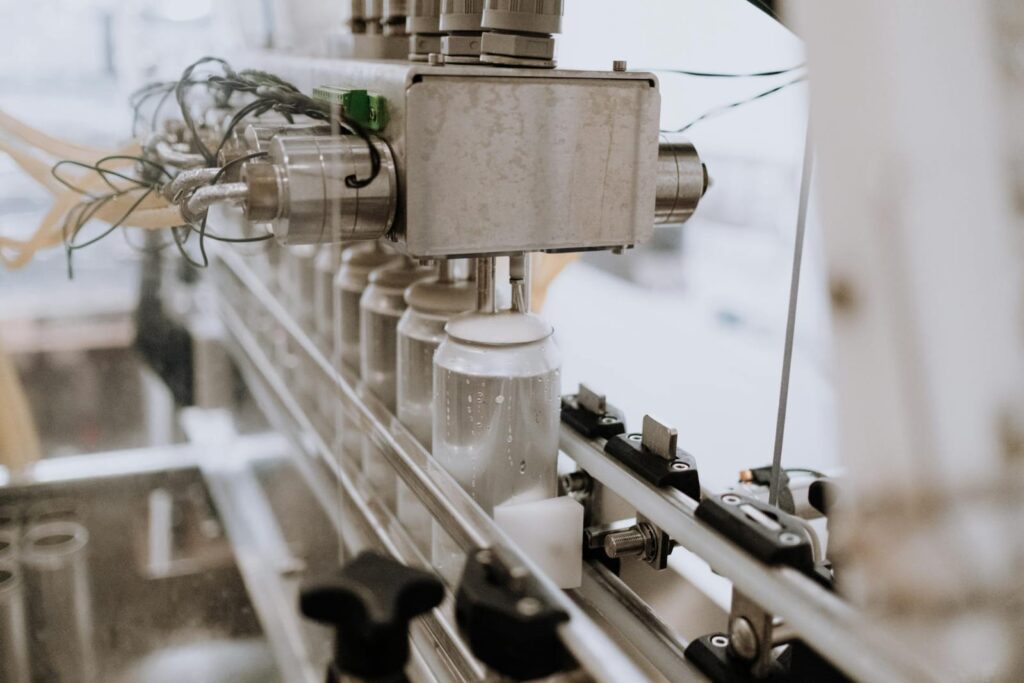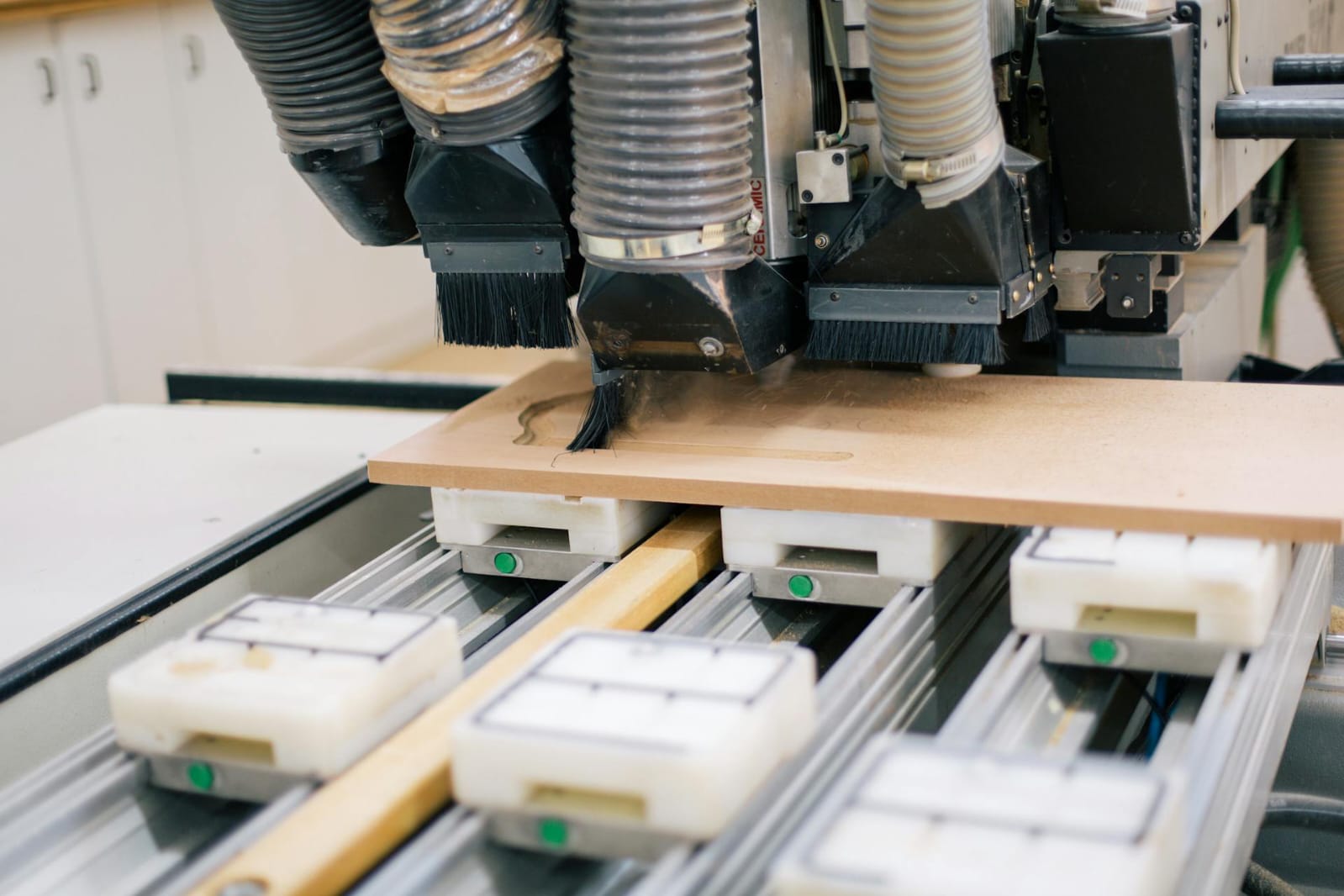Not very long ago, truly automated machines were few and far between. In the beginning, some people considered them a novelty. Others looked at them as a nuisance or even a direct link to the unemployment line. Either way, they weren’t just a mere trend; they were a turning point. They’ve now become the norm, and they’re going to grow even more common moving forward.
Bringing Machines to Life
Several factors have come together to foster the growing automation movement. From microchips and the ever-expanding internet of things to basic mechanical parts, they all work in tandem to make machines work with little human intervention. Ball screws are an essential piece of the puzzle, and a reliable ball screw manufacturer can help companies enjoy the many benefits of automation.
Converting Rotational Motion to Linear
On the most basic level, ball screws convert rotational motion to linear. They consist of a threaded shaft and a nut with ball bearings in between them. As the shaft rotates, the ball bearings move along the threads. In doing so, they effectively transform rotational energy into linear movement. That’s crucial in automated machinery. It helps to make a variety of movements possible and allows for greater control over those movements.
Creating Greater Precision
Precision is also essential in automated machinery and production processes. Ball screws are renowned for their precision. Their design ensures they remain stable and create less friction. That results in minimal backlash and maximum accuracy and consistency. Assembly lines, CNC machining, and other applications need this heightened level of precision for automation to truly be worth the investment.
Maximum Speed
In many cases, automated machines need to be able to run at top speeds. A couple of examples are robotic arms performing complicated tasks and conveyor systems moving materials. Ball screws can deliver here as well. Since they allow for more control, produce less friction, and operate more smoothly, they provide the speed, high rates of acceleration, and quick changes in direction often needed in automated production.
Offering More Efficiency
Efficiency is also a primary consideration for automation. Ball screws excel in this arena as well. They’re designed to operate at peak efficiency. Their rolling motion generates less heat and causes less energy loss. That can reduce operating expenses and improve sustainability. It may also improve power transfer.

Minimal Maintenance and Replacement Requirements
Ball screws are made to be durable and long lasting. They can handle heavy loads and excessive pressure. They can also withstand constant use and high speeds. They’re designed to produce minimal stress and wear. That means they require minimal routine upkeep to keep them operating effectively. They shouldn’t need to be replaced as often, either, as long as they’re properly maintained. As such, they can maximize productivity while greatly reducing downtime.
Extensive Adaptability
Their adaptability is another way ball screws are fostering automation. Different types of ball screws are available, and they can be made of various types of material depending on the needs of the user. They’re highly customizable, so they can be designed to meet a range of distinct expectations. Their potential uses span several industries and applications where automation proves beneficial. They can give product developers and manufacturers more freedom and flexibility, which ultimately benefits everyone from business owners and employees to consumers.
Taking Advantage of Automation
Automation isn’t the way of the future; it’s today’s reality. It’s reducing production times, bolstering efficiency, lowering operating costs, and improving worker safety. It’s also bringing more versatility and flexibility than ever to today’s manufacturers and consumers. Though several aspects go into automation, ball screw assemblies are certainly an important part of the process.

